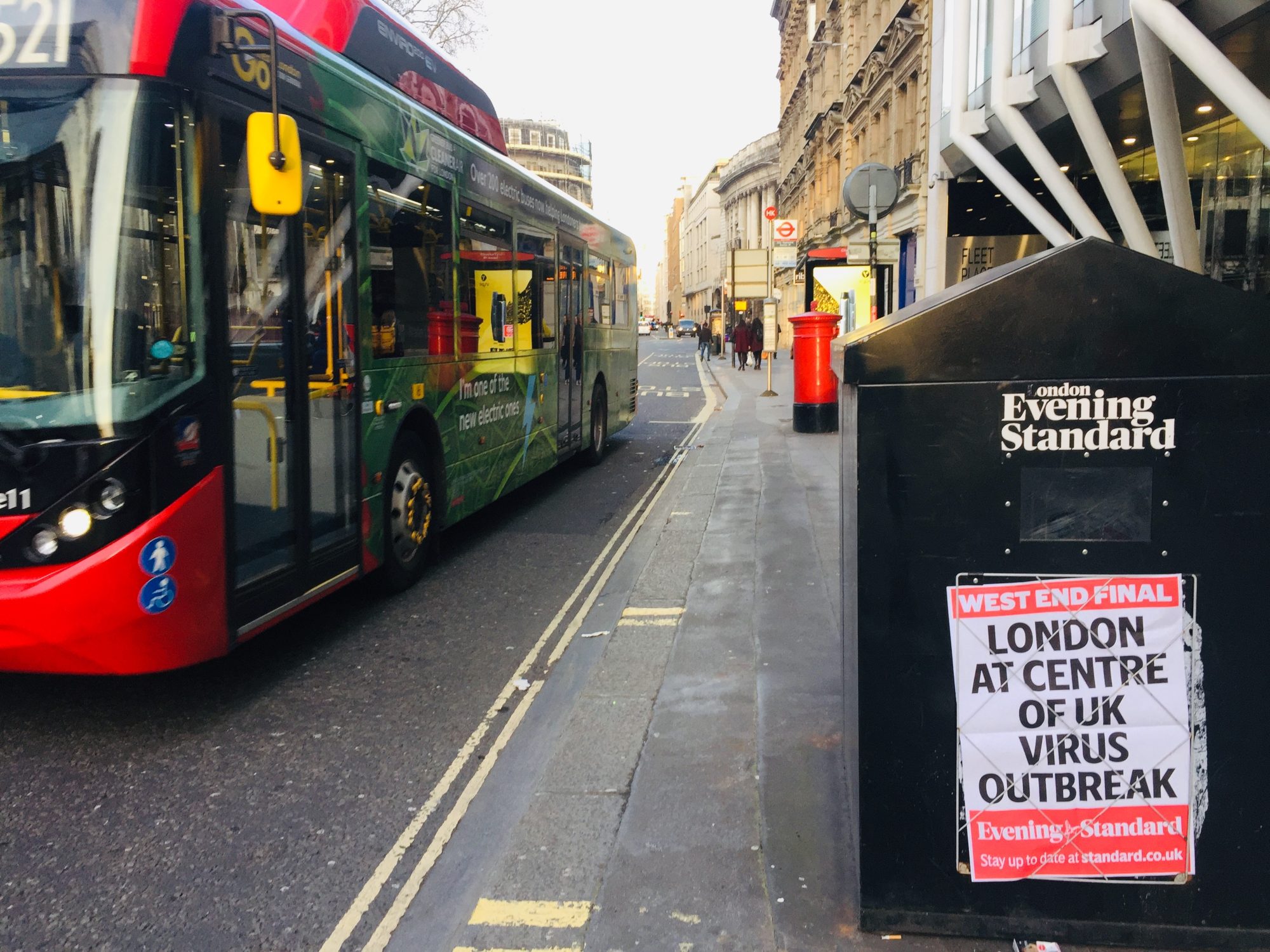Yesterday Matt Hancock announced the end of Public Health England (PHE), which will be absorbed into a new organisation
From 18 August, the UK Government confirmed that a new National Institute for Health Protection (NIHP) would replace well-known PHE. This new organisation will contain NHS Test and Trace and the Joint Biosecurity Centre (JBC), alongside absorbing the current functions of PHE. The Government further propose that this new organisation will be operational from Spring 2021, to prevent any “disruption” to ongoing “vital work”.
Responsibilities of the new organisation?
- NIHP local health protection teams will deal with infections and other threats
- Support and resources for local authorities to manage local outbreaks
- The COVID-19 testing programme
- Contact tracing
- Emergency response and preparedness to deal with the most severe incidents at national and local level
- Research and reference laboratories and associated services
- Specialist epidemiology and surveillance of all infectious diseases
- The Centre for Radiation, Chemical and Environmental Hazards
- Global health security
- Providing specialist scientific advice on immunisation and countermeasures
‘Much needed new investment’
On 16 August, before the news was officially broken, the Chief Executive of Public Health England reached out to the healthcare community via his blog. He apologised for the news being broken through speculative media coverage, instead of directly.
CE Duncan Selbie further wrote:
“The Prime Minister and Secretary of State wish to recreate an organisation with a sole focus on health protection and to bring together our health protection services with the budgets and people of the NHS test and trace programme to create a new national institute for health protection.
“The aim is to boost our unique scientific capability and world leading health protection expertise with much needed new investment.
“I have been immensely proud of what we do under intense public and political scrutiny always with professionalism and dignity and with the values that matter the most, decency, kindness and respect.”
He has since stepped down to make way for new leadership, after eight years of running Public Health England. Selbie will become a senior advisor to the Department of Health and Social Care, focusing on global and public health.
Who will lead the new-born NIHP?
Baroness Dido Harding will takeover interim leadership of the NIHP. She will be supported by Michael Brodie as interim Chief Executive Officer to PHE. The Baroness has been responsible for NHS Test and Trace since May 2020 and was previously the Chief Executive of the TalkTalk group.
She pioneered the idea to use 25,000 manual contact tracers, to track the spread of COVID-19 in the UK. This system was met with wide criticism. Researchers at UCL and the London School of Hygiene and Tropical Medicine (LSHTM) found that contact tracing needs to be at 68% before schools re-open in September, to avoid the ominous second wave. According to the available figures, the UK is currently contact tracing around 50% of cases.
Baroness Harding said:
“The changes announced today are designed to strengthen our response, and to radically ramp up our fight against this disease, whilst also protecting PHE’s essential work beyond COVID that is so important for the nation’s health.”

Mixed responses from experts
Nigel Edwards, Chief Executive of the Nuffield Trust said:
“There is no doubt that Public Health England is far from perfect: serious questions should be asked about the agency’s role in some of the failures around testing, contract tracing and PPE in the early stages of the pandemic. But the correct way to respond to these questions is a proper and evidence-led investigation of what went wrong across Government.
“Without this, we risk a disproportionate response to problems that could be dealt with through straightforward managerial action.”
Professor Andrew Goddard, president of the Royal College of Physicians, said:
“COVID-19 has once again highlighted the health inequalities in our society.
“We welcome the Secretary of State’s recognition of the vital role that PHE staff have played to date. This will be an uncertain time for staff and it is vital that the ambitions in the recent NHS people plan to value staff are put into practice during this period of change.
“Key to the success of the new National Institute for Health Protection will be how it recruits and retains the scientific and clinical experts who currently work for PHE. This must be a priority and we await more detail on how this will happen.
Dr Mike Galsworthy, founder of Scientists4EU, tweeted about the selection of NIHP’s leadership:
The fact that Dido Harding has already been appointed Chair of the new National Institute of Health Protection (replacing #PHE) without any open, transparent selection process…
… destroys the reputation of the new Institute before it even starts.
— Dr Mike Galsworthy (@mikegalsworthy) August 17, 2020
The Association of Directors of Public Health (ADPH) pointed out that the timing of this announcement could be highly “distracting”. They spoke sympathetically of healthcare professionals who were now cast into “uncertainty”.
The ADPH further commented:
“Managing Covid-19 remains a huge challenge and, going forward, the new Institute provides an opportunity to better join up the response and we welcome the involvement of Directors of Public Health as a key partner.
“We cannot fight infections without tackling the underlying inequalities caused by the social and commercial determinants of health.
“We need urgent assurance that the functions of Public Health England across the full breadth of public health will continue through this transition and beyond, alongside increased spending on public health across the system both now and in the long term.”











